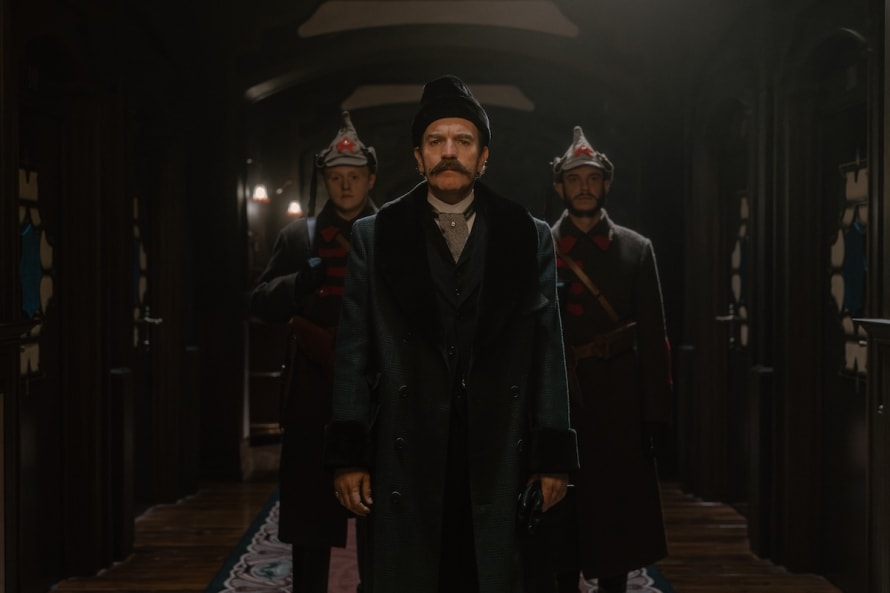Based on the 2016 historical fiction novel of the same name by Amor Towles, A Gentleman in Moscow follows Count Alexander Rostov (Ewan McGregor), an aristocrat and novelist who finds himself under house arrest after returning to Moscow from a trip to Paris following the 1917 Bolshevik revolution. He's taken to Hotel Metropol by military guards, where he is to spend the remainder of his days.
Rostov, at a glance, possesses a doe-eyed innocence that renders him undeniably sympathetic and charming. In many ways, he's a victim of his lavish aristocratic upbringing. Yet, this favourable view curried by the writing and McGregor's captivating performance crumbles when his Rostov's status in pre-revolution Russia is shown as an almost god-given birthright — a sense of superiority that has no business being questioned by the bumbling brutes of this new Russia.
The loss of Rostov's disappearing world is a great tragedy — one glance at McGregor's poignant eyes reminds the audience of that. He's man coming to grips with everyone he knows sinking into quicksand, yet somehow finding a way to trap grains of sand between his fingers. This is where A Gentleman in Moscow is at its best and most touching.
Rostov bonds with sympathetic hotel staff, and mentors and befriends a young girl named Nina (Alexa Goodall), even teaching her playful and cute lessons on the decorum of being a princess. He also begins a whirling romance with an actress who frequents the hotel named Anna Urbanova (Mary Elizabeth Winstead).
Throughout the series, Rostov develops a growing empathy and consciousness — something that shines when acknowledging the shortcomings his rigid classist thinking had in the wake of the failed romance between his sister Helena and working-class friend Mikhail "Mishka" Mindich (Fehinti Balogun).
My hopes of the series conducting a profound exploration of understanding between classes and a post-tsar Russia now forced to confront its long history were ultimately unmet. In shifting times, where aristocrats, farmers and military men all found a degree of ownership over the country, the series frustratingly fails to seize the moment and capture the fire of this time period.
Instead, by placing a tone-deaf lens on the loss of aristocracy as the beginning of dark times befalling the nation, the show's commentary falls into banality. The villains of the story are cartoonishly evil to the point of openly stating in loud voices how they need more people rounded up and killed simply to meet quotas, regardless of guilt or innocence. It's not to say a villainous character can't be this simple, but it does induce quite a predictable and emotionally disconnecting dynamic.
This point is showcased in a scene where soldiers storm into the hotel, interrupting a touching music performance. The small crowd looks confused as soldiers emerge among the performers, seeing a meek man named Nikolai (Paul Ready) whose violin is shattered while he is whisked away as a suspect of the state. We're meant to weep for a man whose only sin is seemingly wanting to play music. It's later shown that Nikolai was no average violinist, but rather Prince Nikolai Petrov of the overthrown monarchy and a childhood friend of Rostov.
It's not inherently wrong to display a perspective of profound kindness towards those cast aside in this new Russia, like Rostov and Nikolai, but the series never directs this same degree of kindness to those deemed castaways before birth.
A Gentleman in Moscow never overcomes the temptation to create a caricature of Bolshevik Russia and grants its sympathy in a misguided manner — and in the end, fumbles a fascinating part of history.
